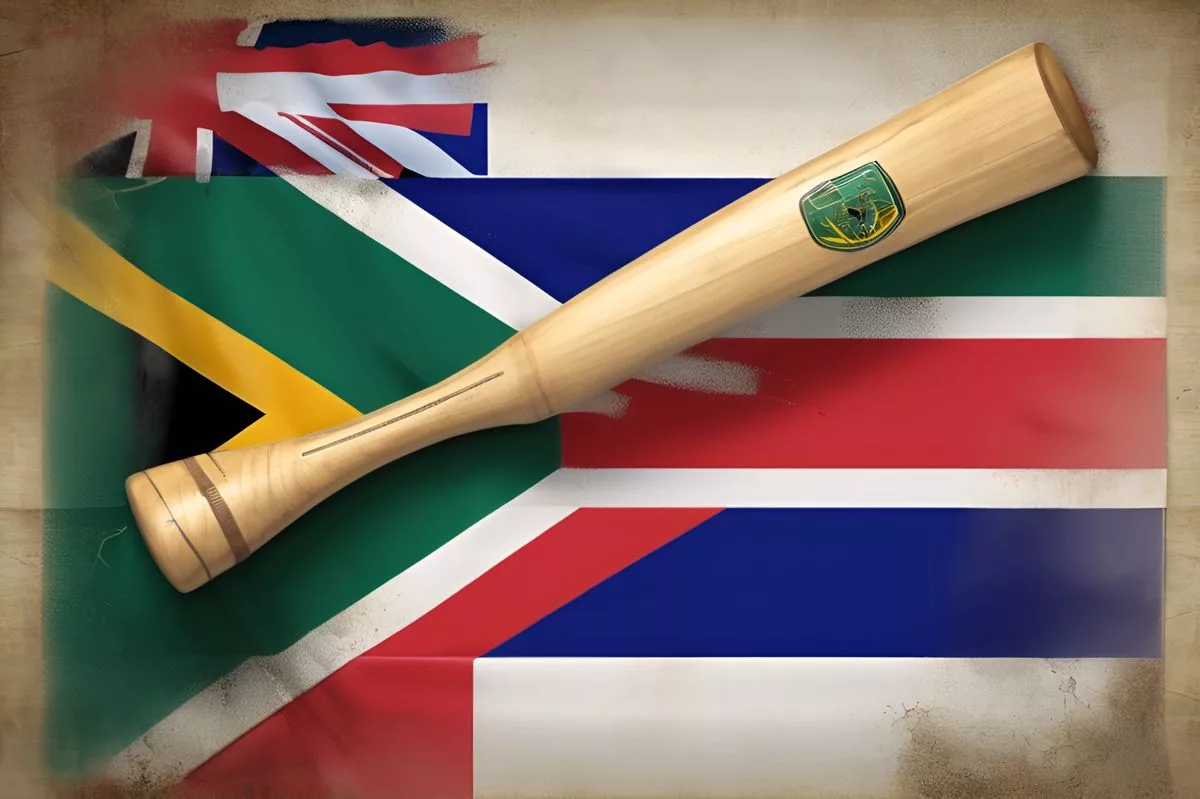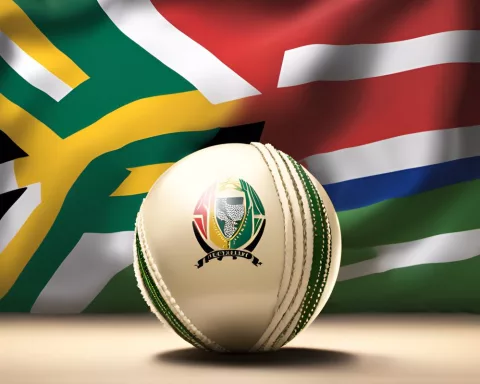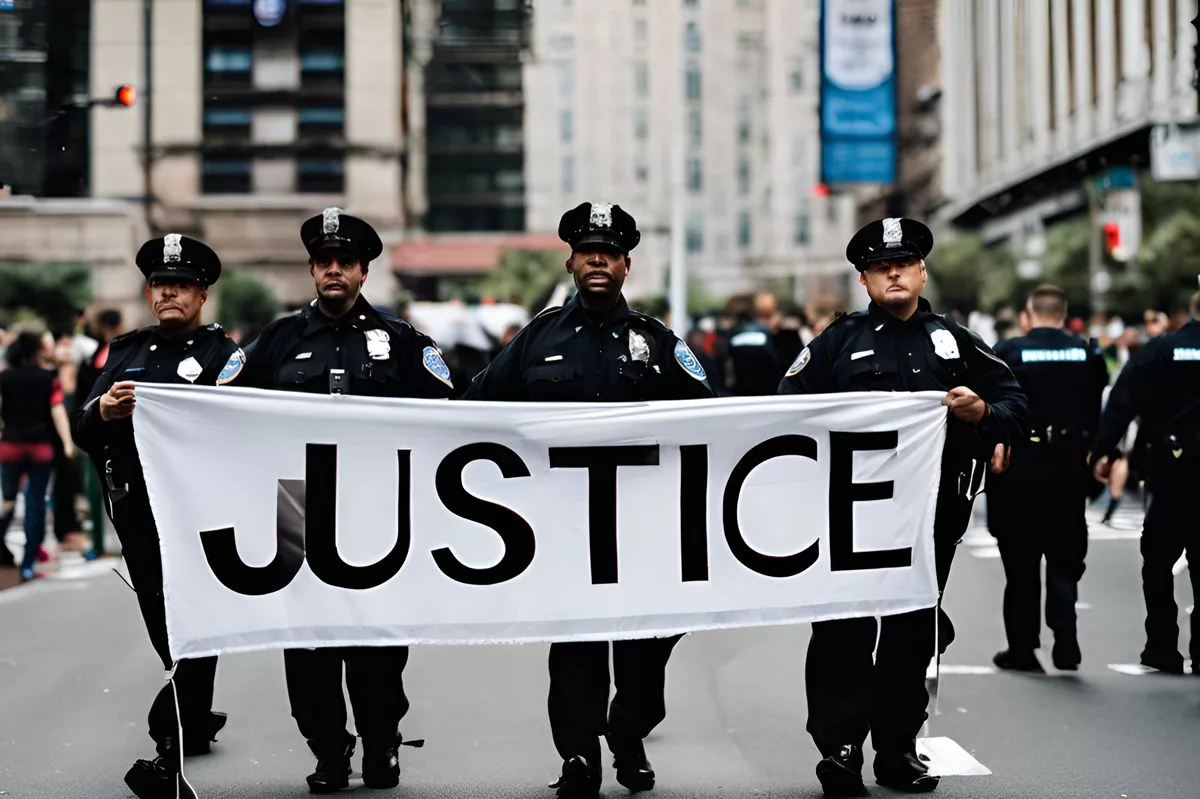Cricket South Africa’s controversial decision to only include one black African player in the national team for the T20 World Cup has caused outrage and highlighted deep-seated systemic problems within South African cricket. The lack of representation is disrespectful of the nation’s diversity and reflects an elitist approach to the sport. If Cricket South Africa does not make substantial changes to its structure and values, the future of cricket in South Africa remains uncertain.
What is Cricket South Africa’s controversial decision?
Cricket South Africa’s (CSA) controversial decision to include just one black African player in the national team for the T20 World Cup has sparked widespread outrage. This lack of representation constitutes a moral lapse in judgement and points to deep-seated systemic problems within South African cricket.
The Problematic Selection
Recent events have highlighted numerous issues within South African cricket, primarily Cricket South Africa’s (CSA) controversial decision to include just one black African player in the national team for the T20 World Cup. This constitutes a moral lapse in judgement, and points to deep-seated systemic problems that have plagued South Africa’s cricketing landscape.
The selection decision has sparked widespread outrage, a justified reaction considering over 90% of the South African population identifies as black African. This lack of representation is a disrespectful neglect of the nation’s diversity and a grim reminder of a history that the nation has strived to leave behind.
Sadly, CSA seems to be dancing to the tunes of the ‘true powerhouses’ of cricket – England, India, and Australia. They are inexorably being drawn into a brand of cricket that is a far cry from their professed ambitions of world dominance. It’s rather disheartening that despite being a Test-playing nation, South Africa has a meagre two Test matches scheduled for this year.
The Squad Selection and its Implications
The squad chosen for the imminent T20 World Cup features just one black African player, Kagiso Rabada. A globally recognised cricketer, Rabada’s skills match up with legendary fast bowlers like Wasim Akram, Waqar Younis, and Curtly Ambrose. His is the lone name from the black African community to feature in the 15-member squad. The remaining spots are filled with a vague assortment of ‘players of colour’, a term that currently seems to be doing more damage than good.
CSA’s issues extend beyond the visible lack of representation. Cricket remains an elitist sport in South Africa, accessible primarily to those fortunate enough to attend top-tier schools with longstanding cricket traditions. This is evidenced by the fact that the majority of black African cricketers who reach professional levels often hail from these elite schools. The club system, which could cultivate talent from places like Hanover Park Cricket Club, Primroses, or Langa Cricket Club, is largely neglected.
The cliched argument of separating sports from politics is frequently used to stifle such debates. However, the exclusion of black African players from the national cricket team is a stark reminder of political interference in sports. International sports bodies did not hesitate to ban Russia’s participation, yet CSA’s discriminatory action remains unchallenged.
The Bafana Bafana Misrepresentation and CSA’s Larger Issues
A flawed argument often brought up is the comparison with the all-black Bafana Bafana football team. This comparison is misleading. The Bafana Bafana squad is presently the most representative sports team in the nation, and their performance has been impressive.
CSA’s problems are not limited to the selection process. Provincial franchises are teetering on the brink of insolvency, they struggle to pull in crowds at international games, and the leadership at the helm is evidently lacking.
Many dread the prospect of government intervention, however, it might become necessary if the current situation persists. If the existing selection criteria continue, it would not only be ethically reprehensible, but could also risk alienating a large portion of their fan base.
The Future of South African Cricket
The selection of the national team for the T20 World Cup is an unfortunate step backward for South African cricket. Without a substantial shift in CSA’s structure and values, the future of cricket in South Africa remains uncertain. The CSA urgently needs to improve its game before the first ball of the T20 World Cup is bowled, or else it risks losing not only matches but also its dignity and credibility.
Why is Cricket South Africa’s decision controversial?
Cricket South Africa’s decision to include only one black African player in the national team for the T20 World Cup has sparked widespread outrage due to the lack of representation and disrespect towards the nation’s diversity. It highlights deep-seated systemic problems within South African cricket.
Who is the lone black African player in the national team for the T20 World Cup?
Kagiso Rabada is the only black African player in the 15-member squad selected by Cricket South Africa for the T20 World Cup.
Why is the lack of representation in South African cricket disrespectful?
Over 90% of the South African population identifies as black African, and the lack of representation in cricket neglects the nation’s diversity and reflects an elitist approach to the sport. It is a grim reminder of a history that the nation has strived to leave behind.
What is the larger issue with South African cricket?
The problems with South African cricket go beyond the lack of representation in the national team. The sport remains elitist and inaccessible to those who do not attend top-tier schools with longstanding cricket traditions, and provincial franchises are struggling financially. The leadership at the helm is also lacking, and without substantial changes to its structure and values, the future of cricket in South Africa remains uncertain.
Is the exclusion of black African players a political issue?
The exclusion of black African players from the national cricket team highlights political interference in sports. It is a stark reminder that separating sports from politics is not always possible.
What is the potential risk of continuing the existing selection criteria?
Continuing the existing selection criteria could be ethically reprehensible and risk alienating a large portion of the fan base. Without improvement, Cricket South Africa risks losing not only matches but also its dignity and credibility.












